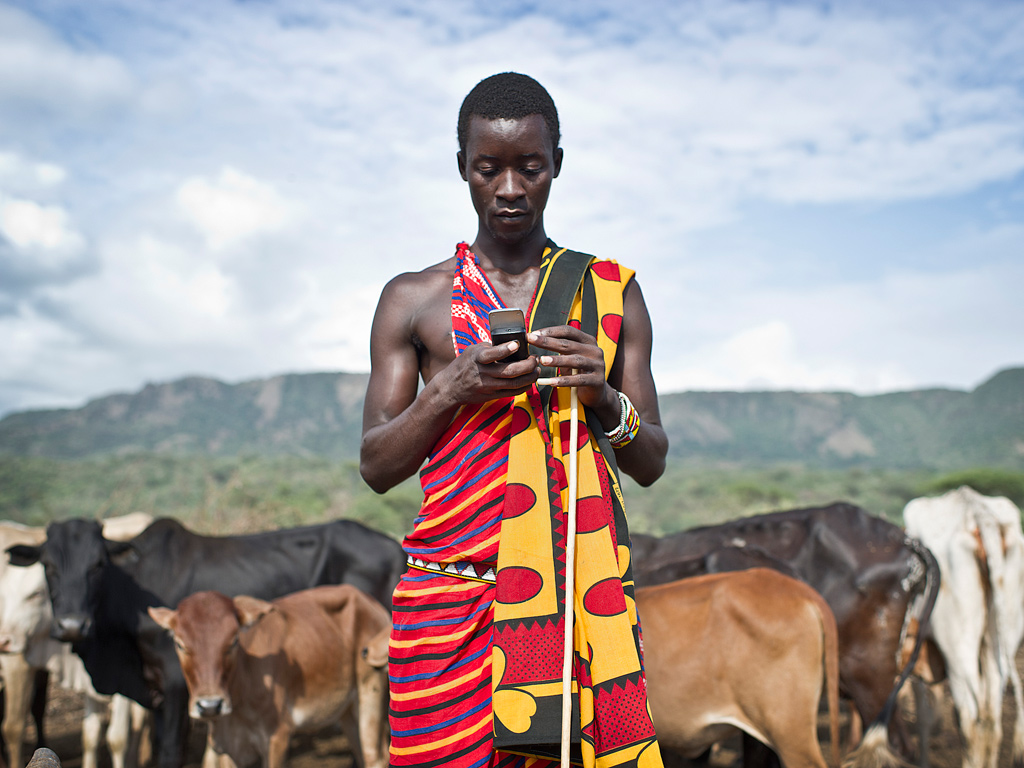Nelson Mandela, 1918 - 2013
Political and Economic Implications
Our thoughts on the political and economic implications of Nelson Mandela’s death on the South African economy are as follows:
On the Economic Impact
- Has been out of public life since middle of 2000’s
- This event has largely been foreseen for sometime
- He has not been contributing to SA public policy for a very long time
- There has been no impact on the stock market, in fact the market is up today – not related to the event.
- The South African economy continues to struggle – slow GDP growth (1.9% in 2013) and 7% Current Account deficit – (the economy continues to rely on foreign inflows to fund the CA deficit).
- The bad news has already been priced in the market – the Rand is down 22% versus the dollar in 2013.
On the Political Impact
- Mandela inherited high unemployment, poverty and inequality after centuries of apartheid – and the current ANC government continues to face similar challenges
- ANC government is failing to deliver services to the population and as a result there are constant strikes for ever increasing pay and wages
- Recently, there have been serious doubts raised about the competency of the government, with some reports questioning the integrity of many government officials
- South Africa will soon go through national and municipal elections on or around first quarter of next year, and its anticipated that the ANC will win, albeit with a shrinking majority relative to prior years
- Recently, some divisions within the ANC have surfaced – with indications that some groups may break away from the ANC coalition. We don’t see strong evidence for an imminent split; however, there is a risk now that Mandela will no longer be there to exert his considerable influence on the outcome.
Finally – on the potential for violence or riots.
We see little risk for violence or riots as a result of Mandela’s passing. Here is why –
- SA has a strong constitution that has been followed by the government
- SA has a robust financial system that was tested after apartheid ended in 1994
- The media is free and unrestrained -- there is no political or governmental interference
- In the early 1990’s, the country came close to a civil war – between the Inkatha Freedom Party, from Kwazulu Natal and the ANC – but since elections in 1994 the tensions have reduced. In fact, the ANC has been winning elections in the Kwazulu Natal region with the majority of people voting for the ANC
As ever, we shall miss Madiba! R.I.P!
Larry Seruma
Portfolio Manager
“It always seems impossible until it’s done.”
Nelson Mandela, 1918 - 2013
Nile Capital Management
We Know Africa: From Cairo to Cape Town
For more information please call 646-367-2820




